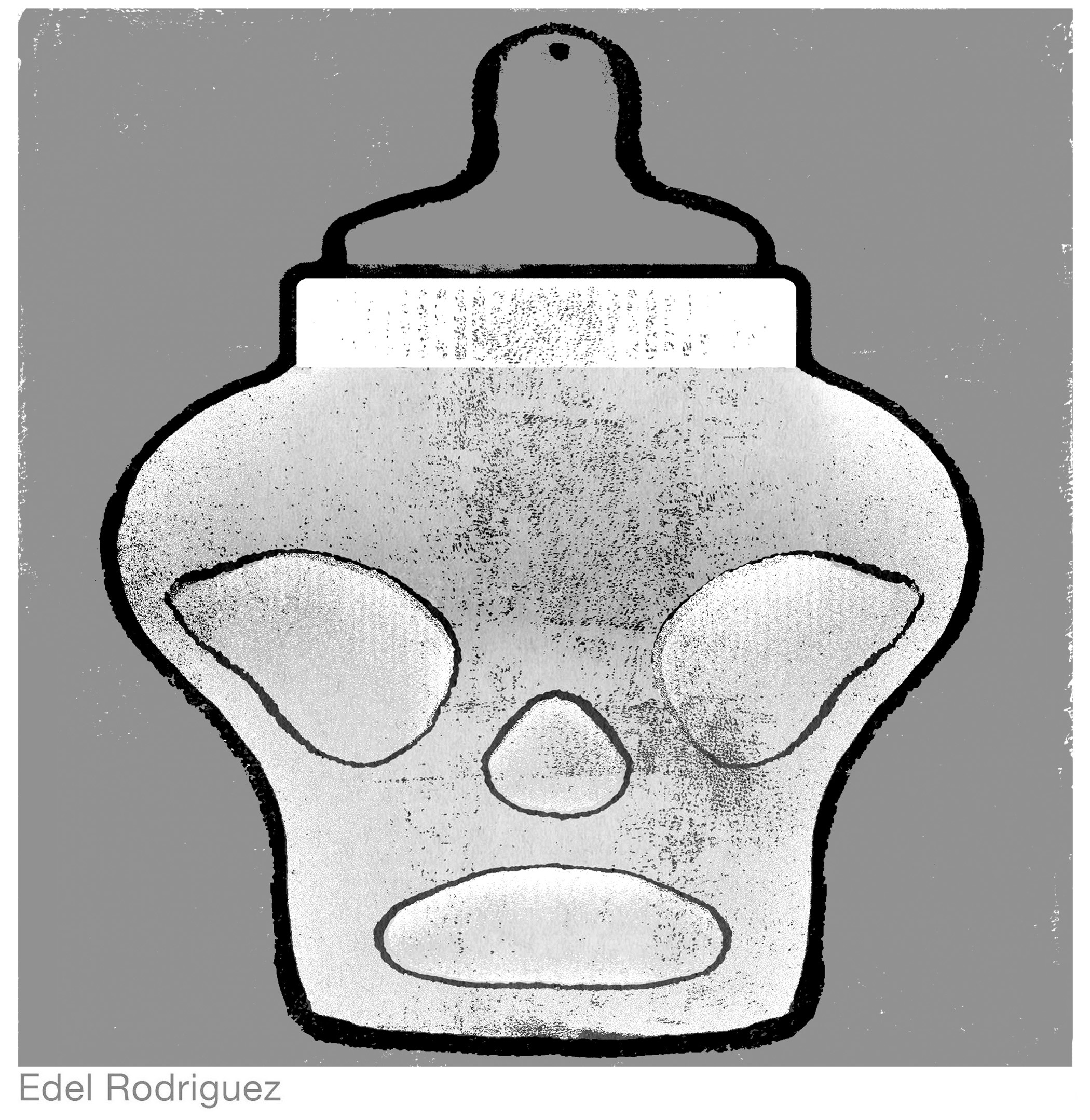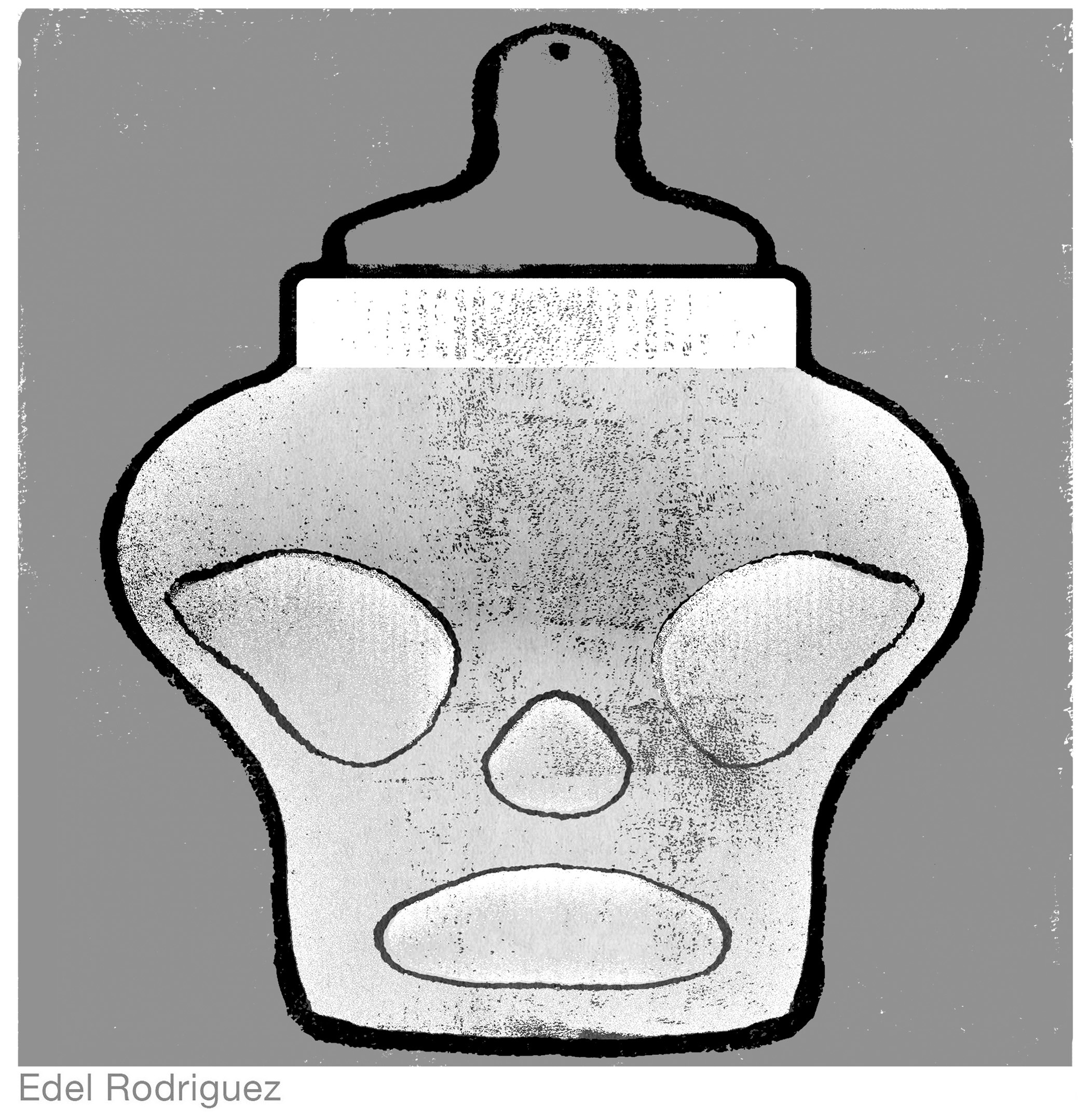 Courts are not well-suited to deal with scientific questions. There is a judge: an appointed or elected lawyer who interprets the law. And there is a jury: randomly selected citizens who interpret the facts.
Courts are not well-suited to deal with scientific questions. There is a judge: an appointed or elected lawyer who interprets the law. And there is a jury: randomly selected citizens who interpret the facts.
On July 24, a six-person jury in a federal courtroom in Austin arrived at a decision that will find its way into peer-reviewed scientific journals, if only because it calls into question the validity of a test that has served as a screen for toxicants and carcinogens since it was perfected in the 1980s.
The MCF-7 (Michigan Cancer Foundation) test wasn’t on trial in Judge Sam Sparks’ court. But the assay often described as “the gold standard” for measuring “estrogenic activity” in chemicals was repeatedly challenged in testimony.
The test was in court because Eastman Chemical Company sued two Austin labs that used the MCF-7 to detect “estrogenic activity” in Eastman’s resins used to make clear plastic food and drink containers. The labs, PlastiPure and CertiChem, also reported that they detected “estrogenic activity” in products made from Eastman’s Tritan monomer (See “Silencing Science,” June 1, 2013).
Estrogenic activity is the capacity of a chemical agent to mimic natural estrogen. “EA” chemicals have been linked to health problems ranging from obesity to breast cancer. They are most harmful to children—from the embryonic stage through reproductive maturity.
|
Eastman Chemical Company won a decisive victory.
|
The defendants brought distinguished scientists to Austin as expert witnesses. Tufts University’s Carlos Sonnenschein and Ana Soto (by video), and Tufts post-doctoral fellow Laura Vandenberg all testified that the MCF-7 is almost without equal in detecting estrogenic activity in chemicals.
Sonnenschein and Soto developed the test in the 1980s and subsequently discovered estrogenic activity in BPA plastics. Almost by accident, Sonnenschein explained. They were doing cancer research with human breast cells and suddenly discovered inexplicable high levels of estrogen in their lab samples. They traced the artificial estrogen to a new line of test tubes that Dow-Corning provided the lab without revealing that the test tubes were made from BPA. They have been scientifically proving the potential health risks linked to “bisphenol A” ever since.
The scientists were defending the MCF-7 test, and trying to prevent a court from sanctioning a legal definition of estrogen that Vandenberg had warned “could potentially affect a huge body of already published work as well as work going forward.”
Their testimony did not stop the jury from ruling that the two Austin labs had made false comments and “willfully engaged in false advertising” when they published results of their tests of Eastman plastics.
To reach their decision, jurors had to rule that tests performed by the labs were invalid, which perhaps also invalidates the account of the testing that was published in a National Institutes of Health peer-reviewed journal. Jurors also had to dismiss results of tests done in a University of California Davis lab, where a faculty member used a different assay to detect estrogenic activity in Tritan.
Whether the court has redefined artificial estrogen will now be sorted out by scientists and lawyers.
Eastman Chemical Company won a decisive victory.
It will be a while before any lab tests Eastman products—used in many consumer plastic products—without the consent or collaboration of the company.
Lou Dubose is the editor of The Washington Spectator.






0 Comments